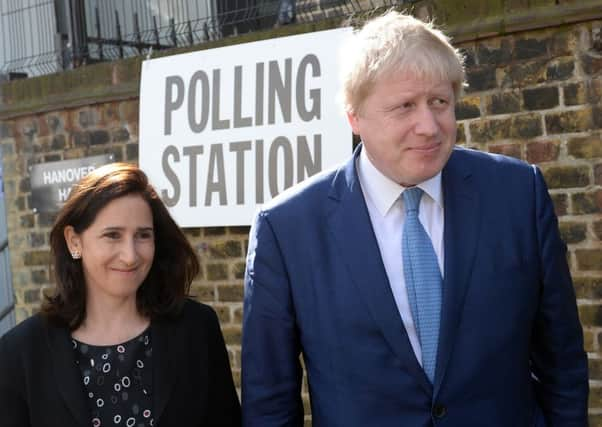Bill Jamieson: May's mistake raises possibility of second '˜Brexit' vote


Second, what will be the UK’s objectives in these negotiations? Theresa May seemed resolved on pressing for a ‘hard’ Brexit. But her signal failure to secure a convincing mandate will almost certainly encourage many within the government to seek a compromise position – perhaps similar to Norway with membership of the European Free Trade Association with an internal market broadly governed by the same rules as the EU. This would be the preferred option of many in business though it would not enable the UK to set its own controls over EU immigration.
And the third, given the divisions on Brexit exposed by the election, is whether the outcome would have to be submitted to UK voters in a second referendum. This, in effect, would be a re-run of last year’s vote to leave the EU: an ironic echo of what has become common on the continent: when the voters deliver a ‘wrong’ result, another one is held.
Advertisement
Hide AdAdvertisement
Hide AdIn Scotland the SNP would almost certainly favour a second EU vote which could work to modify – and perhaps even reverse altogether – last year’s result.
So: a possible Conservative leadership change which could see Boris Johnson succeed Theresa May; then a second general election; and beyond that the possibility of a second ‘Brexit’ vote – and which could, of course, see the whole deal thrown out.
So: an election that is not the end, or the beginning of the end but the end of the beginning.
As if the clock now ticking on these negotiations was not enough, there will be the intensifying pressure from business and financial markets to resolve our future trade and political relationship with the EU before persistent uncertainty causes irreversible damage to UK exports and trade.
And somehow the negotiations must work to unite the paradox that is now the UK. Did the election mark a shift in support from Brexit to ‘Remain’? Yet two of the most vocal ‘Remain’ stalwarts – Nick Clegg and Anna Soubry – lost their seats – as did vocal Remain supporters in Scotland - Alex Salmond and Angus Robertson. Meanwhile Brexit supporters in traditional Labour voting areas in the north of England appeared to have lent their support to Conservative candidates while more affluent ‘Remain’ supporters in the south of England helped Labour to win traditional Tory seats.
This election has thrown up a colossal enigma. And to say difficult EU negotiations now lie ahead would be a massive under-statement.
“Strong and stable leadership in the national interest”? Seldom has a campaign slogan backfired so dramatically.